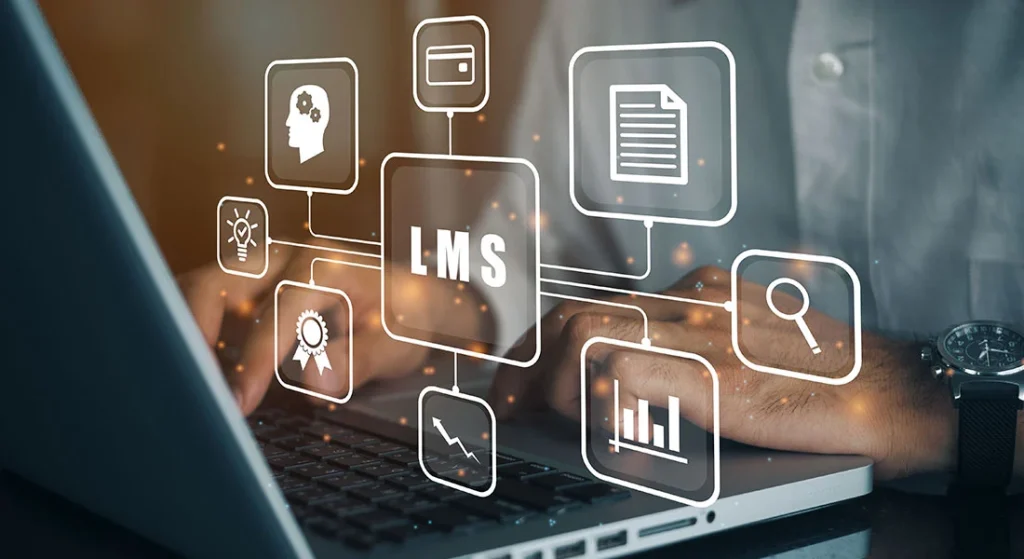
In today’s highly competitive business environment, customer retention has emerged as a critical factor for sustainable growth. While acquiring new customers is essential, nurturing and retaining existing ones provides a more substantial return on investment over time. This is where Learning Management Systems (LMS) come into play as a strategic tool to boost customer retention programs.
So why should businesses invest in LMS technology to foster customer loyalty and retention? Let’s delve deeper.
Knowledge Empowerment:
An informed customer is a happy customer. LMS platforms empower clients by providing them with easy access to product tutorials, training modules, and educational content tailored to enhance their understanding and skills. This knowledge base becomes a value-added service that not only improves the customer’s experience but also reinforces their decision to stay with your brand.
Customization and Personalization:
Customers value experiences that are tailored to their needs and preferences. LMS technology allows for the customization of learning paths and content, making it possible for companies to build personalized training programs. These can align with specific customer goals or address individual pain points, which can significantly enhance customer satisfaction and loyalty.
Continuous Engagement:
Ongoing engagement is vital for retention. An LMS keeps customers engaged through regular updates, new training content, interactive webinars, or community forums. This constant interaction helps maintain a strong relationship between the brand and its customers by keeping them involved and invested in the products or services.
Measurable Outcomes:
LMS technology provides analytics tools that help businesses track customer learning progress, engagement levels, and feedback. Such data-driven insights allow companies to refine their retention strategies, tailor their outreach efforts, improve product offerings, and ultimately drive business growth through informed decision-making.
Competitive Advantage:
By offering comprehensive learning resources through an LMS, businesses can differentiate themselves from the competition. Providing educational value can be a unique selling point that attracts customers looking for more than just a product or service but also the support and knowledge that comes along with it.
Supporting Product Updates and Upgrades:
As products evolve, so should your customers’ knowledge about them. An LMS can serve as an effective platform to roll out information on updates or upgrades ensuring that customers are always aware of the latest features and functionalities. This keeps your product relevant and integral to the customer’s needs. In conclusion, investing in LMS technology for customer retention programs is a forward-thinking strategy that cultivates growth. It not only equips customers with valuable knowledge enhancing their experience but also delivers long-term benefits like loyalty and advocacy which are instrumental in driving business success in today’s competitive landscape.
